Procurement Management - Procurement Optimization
Welcome! How can I assist you with procurement management today?
Streamlining Procurement with AI
How do I negotiate with vendors?
What are the best practices in supply chain management?
Can you suggest strategies for cost-effective purchasing?
How do I maintain ethical procurement practices?
Get Embed Code
Introduction to Procurement Management
Procurement Management is a specialized function within organizations focused on the strategic process of sourcing and acquiring goods and services required for operations. Its design purpose is to optimize the purchasing process, ensuring that the procured items meet the specific needs in terms of quality, quantity, time, and cost. A core aspect of Procurement Management involves identifying and selecting suitable suppliers, negotiating contracts, and managing supplier relationships to ensure a stable supply chain. An example scenario illustrating its importance would be a manufacturing company needing raw materials for production. Procurement Management would involve analyzing the market for suppliers, evaluating their reliability, negotiating prices, and establishing contracts that ensure timely delivery and cost efficiency, ultimately impacting the company's ability to produce and market its products competitively. Powered by ChatGPT-4o。

Main Functions of Procurement Management
Supplier Selection and Management
Example
Identifying and vetting potential suppliers for electronic components.
Scenario
An electronics manufacturer uses Procurement Management to evaluate suppliers based on quality, cost, and delivery performance. This involves conducting supplier audits, reviewing financial stability, and assessing the capacity to meet demand, leading to a shortlist of qualified suppliers.
Contract Negotiation and Management
Example
Negotiating terms for a long-term supply of raw materials.
Scenario
A food processing company engages in Procurement Management to negotiate contracts with farmers for the supply of organic produce. This includes setting prices, delivery schedules, and quality standards, ensuring a consistent supply of raw materials while managing costs.
Spend Analysis and Cost Reduction
Example
Analyzing purchasing data to identify cost-saving opportunities.
Scenario
A healthcare provider uses Procurement Management to review its spending on medical supplies. Through detailed analysis, the organization identifies opportunities to consolidate purchases and negotiate better terms, leading to significant cost savings.
Risk Management
Example
Evaluating and mitigating risks associated with supplier reliability and product quality.
Scenario
An automotive company applies Procurement Management to assess the risk of supply chain disruptions from single-source suppliers and develops a strategy to diversify its supplier base, reducing potential production halts.
Ideal Users of Procurement Management Services
Manufacturing Companies
These organizations benefit from Procurement Management by securing reliable sources of raw materials and components, optimizing inventory levels, and reducing production costs, which is crucial for maintaining competitiveness.
Healthcare Providers
Healthcare facilities rely on Procurement Management to acquire medical supplies and pharmaceuticals efficiently. Effective procurement ensures the availability of essential items, contributing to patient care and operational efficiency.
Government Agencies
Government entities use Procurement Management to fulfill public procurement requirements transparently and efficiently, ensuring taxpayer money is spent wisely and achieving value for public funds through strategic sourcing and contract management.
Retail Businesses
Retailers leverage Procurement Management to source products globally, manage supplier relationships, and negotiate favorable terms, directly impacting their product offerings and profitability.

How to Utilize Procurement Management Effectively
Start Your Journey
Begin by accessing a free trial at yeschat.ai, where you can explore Procurement Management capabilities without the need for login or a ChatGPT Plus subscription.
Identify Your Needs
Clearly define your procurement goals and requirements, whether it's vendor management, cost reduction, or supply chain optimization.
Explore Features
Familiarize yourself with the tool's features, including supplier evaluation, purchase order management, and contract negotiation support.
Apply Best Practices
Utilize the tool to implement procurement best practices, such as strategic sourcing, spend analysis, and ethical sourcing.
Review and Optimize
Regularly review procurement processes and outcomes, using the tool's analytics to identify areas for improvement and optimize performance.
Try other advanced and practical GPTs
Distribution
Optimizing distribution with AI-powered analytics
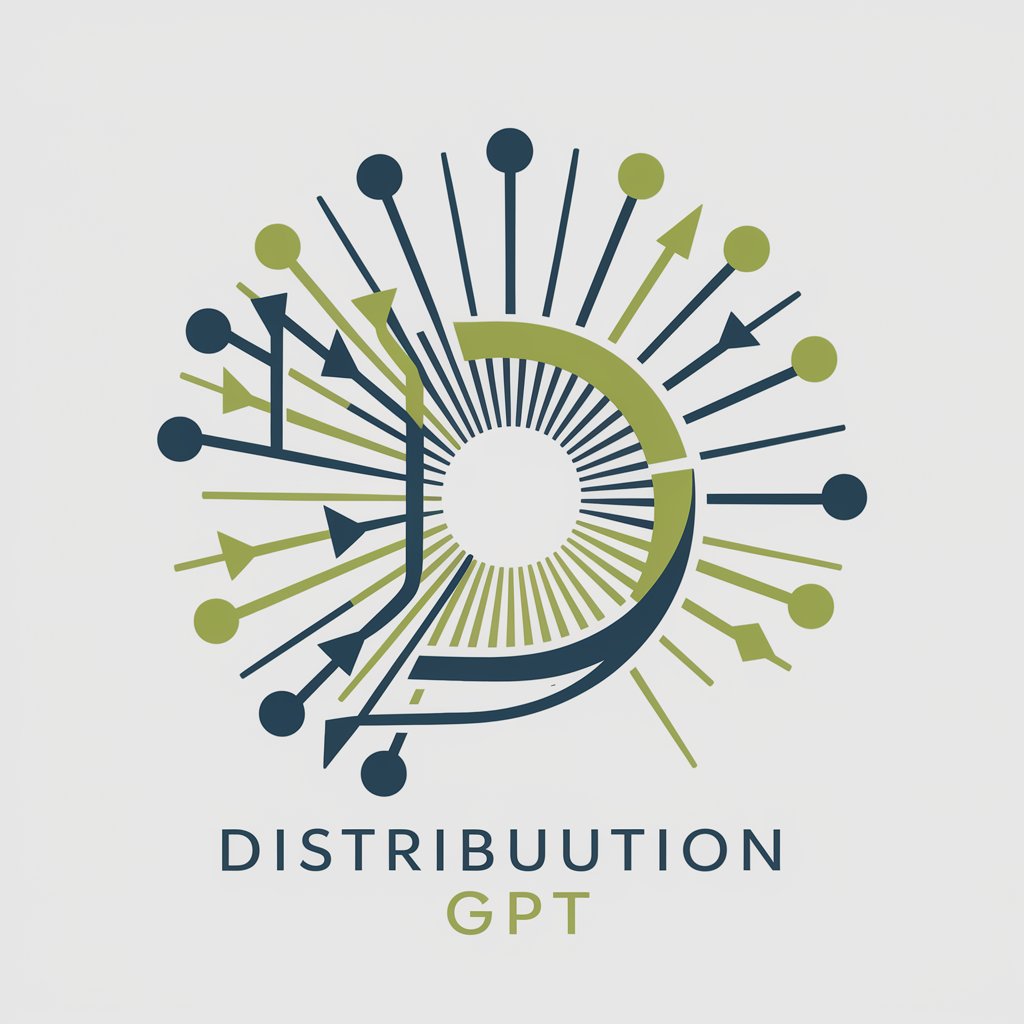
AiDVOGADO
Empowering Legal Decisions with AI

Corporate Challenge GPT
Empowering Businesses with AI-Driven Insights

Grandir avec une maladie rare
Empowering Lives with AI-driven Support

API Oracle
Empowering API Solutions with AI
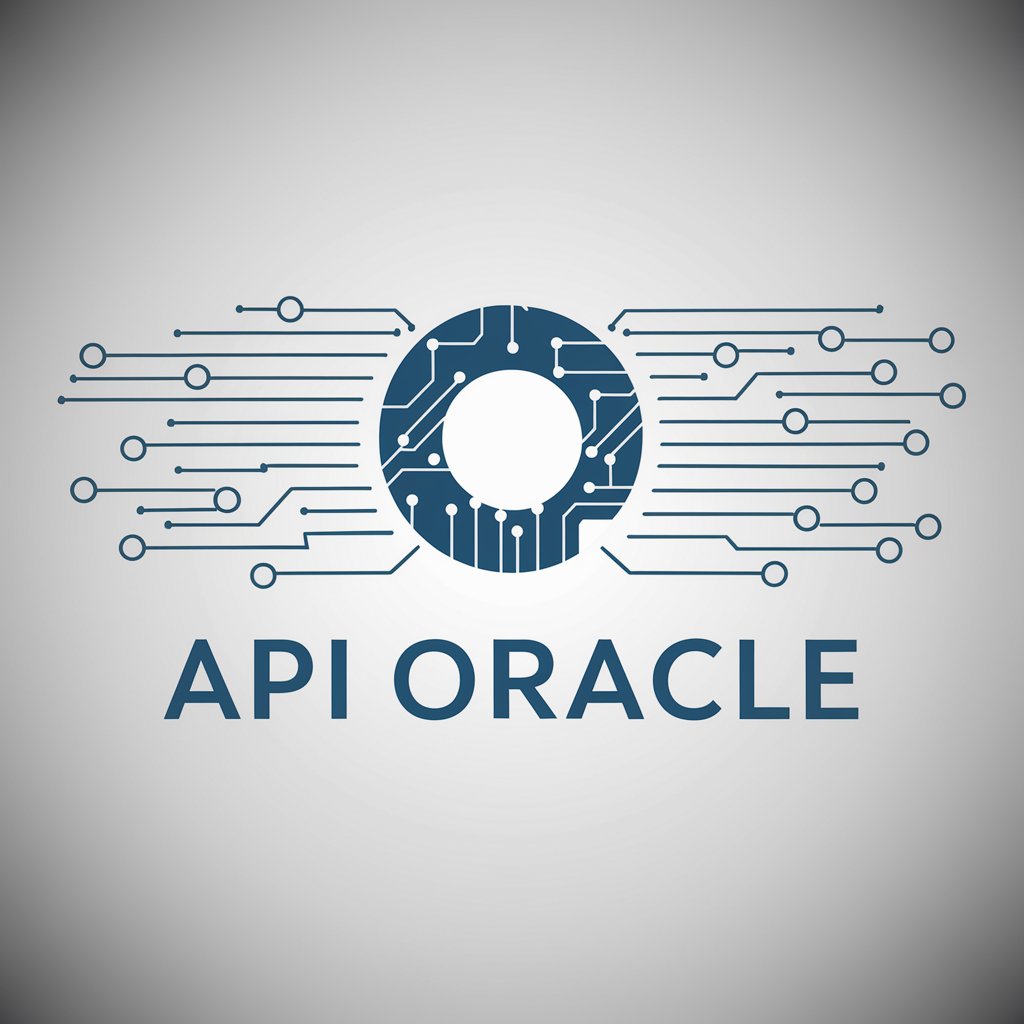
SharpAPI.com
Empower Apps with AI Magic
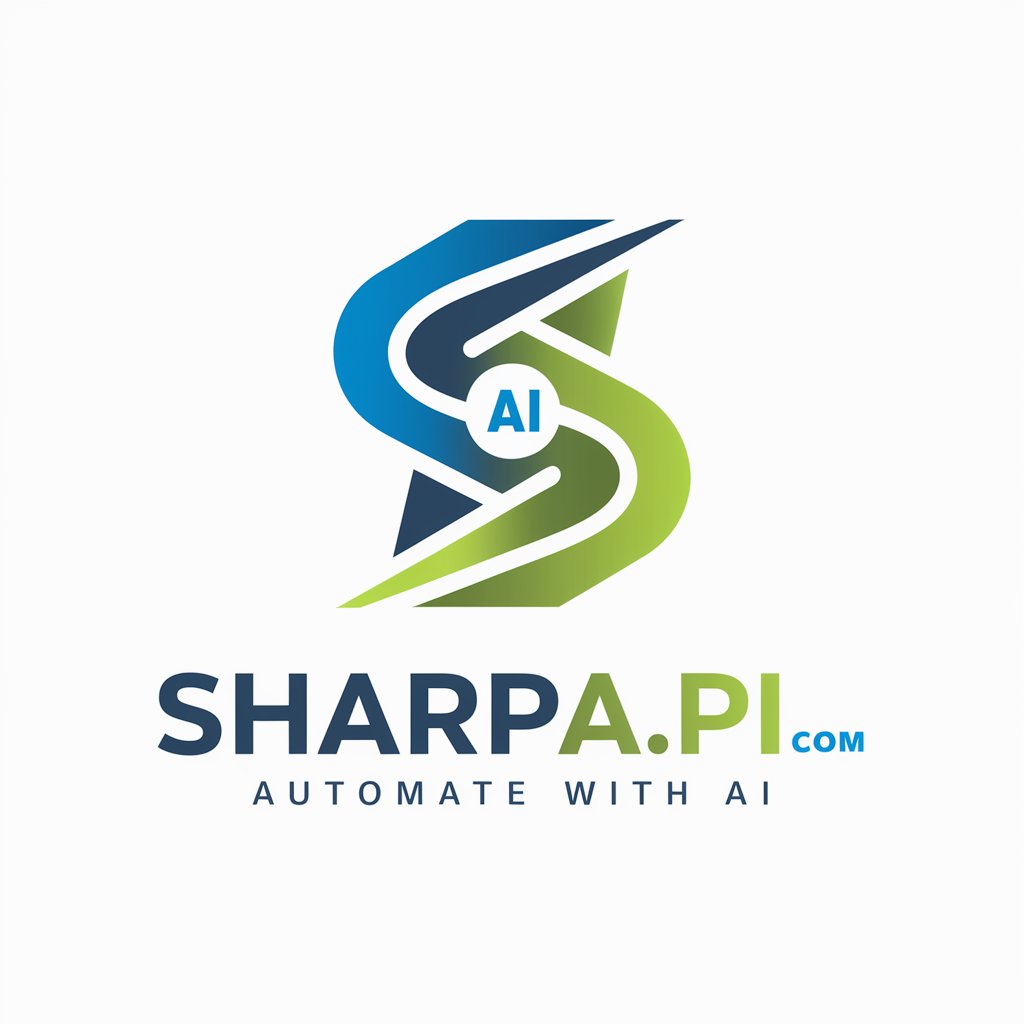
Visual Inventory Management GPT
Optimize Your Inventory with AI Insight
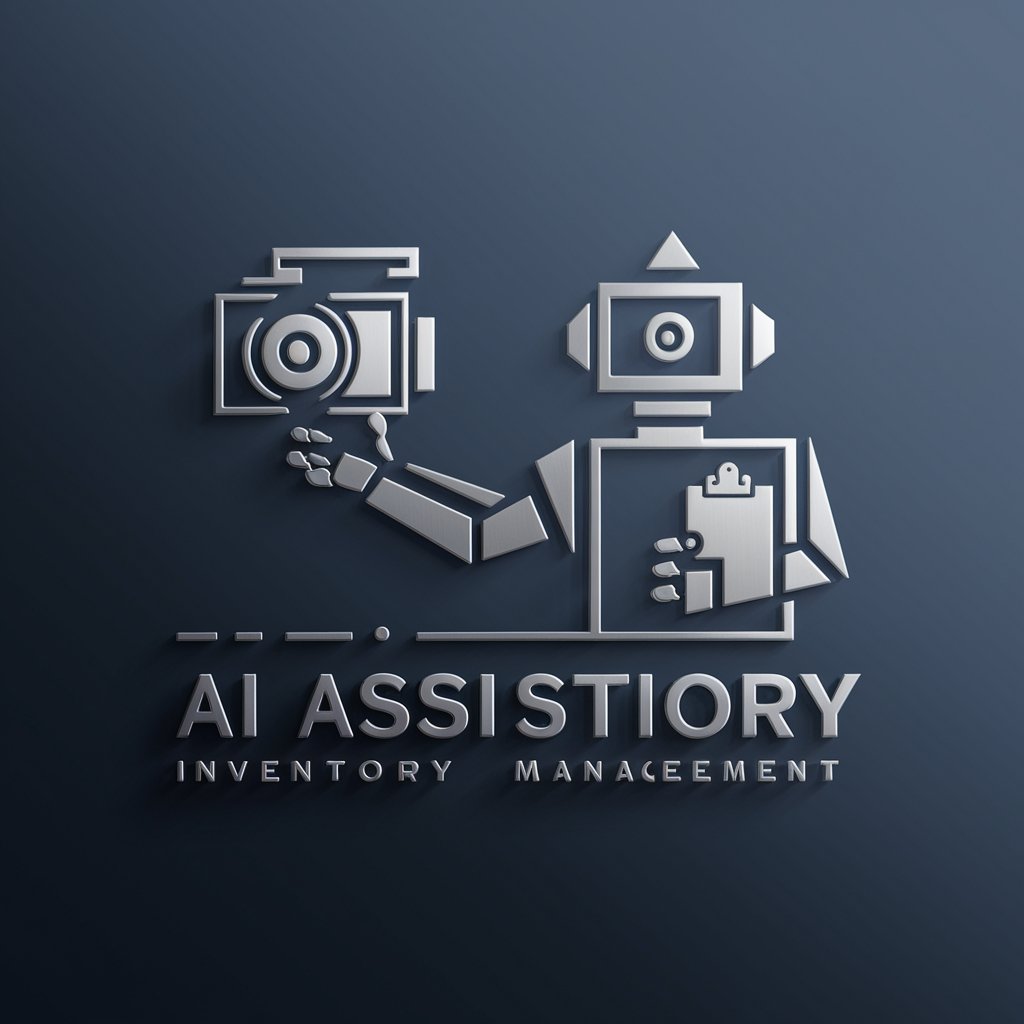
Inventory
AI-Powered Inventory Control at Your Fingertips
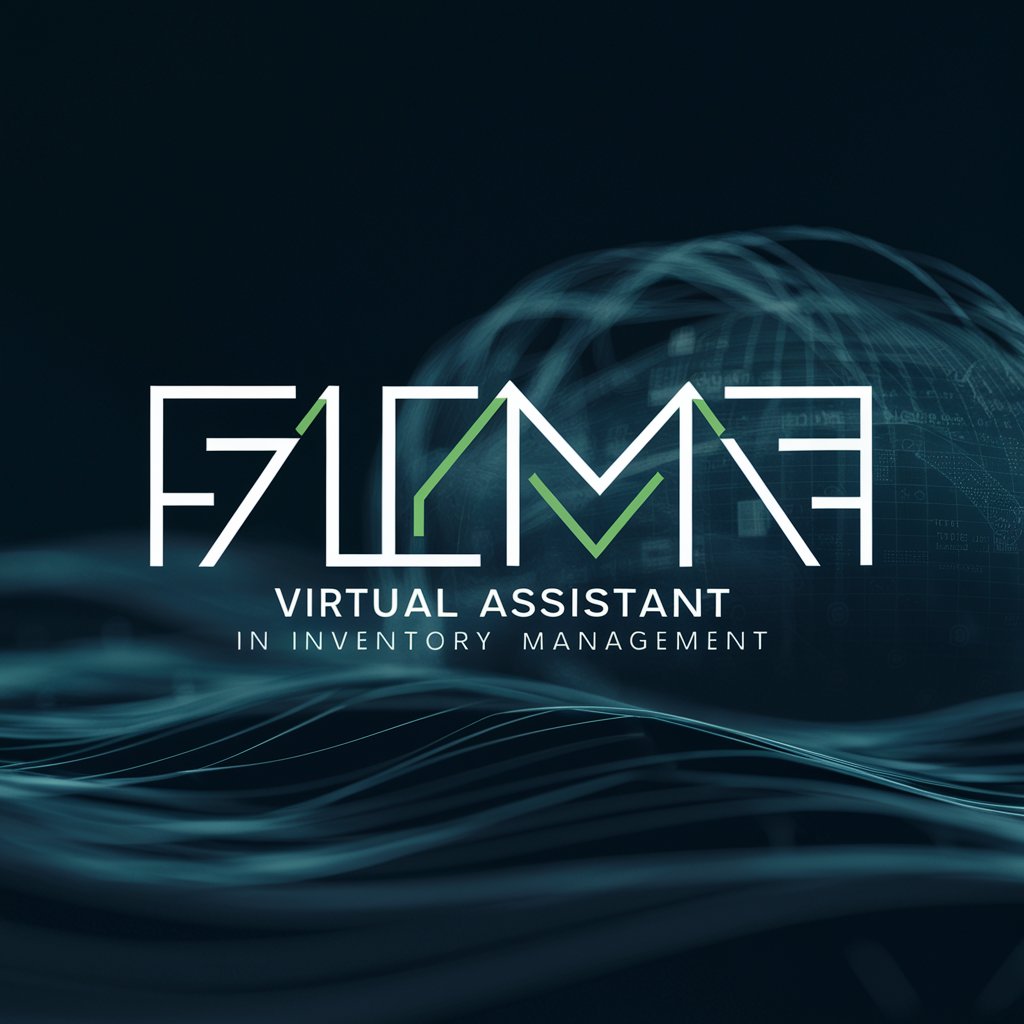
LogisticGPT
Optimize Inventory with AI-Powered Insights
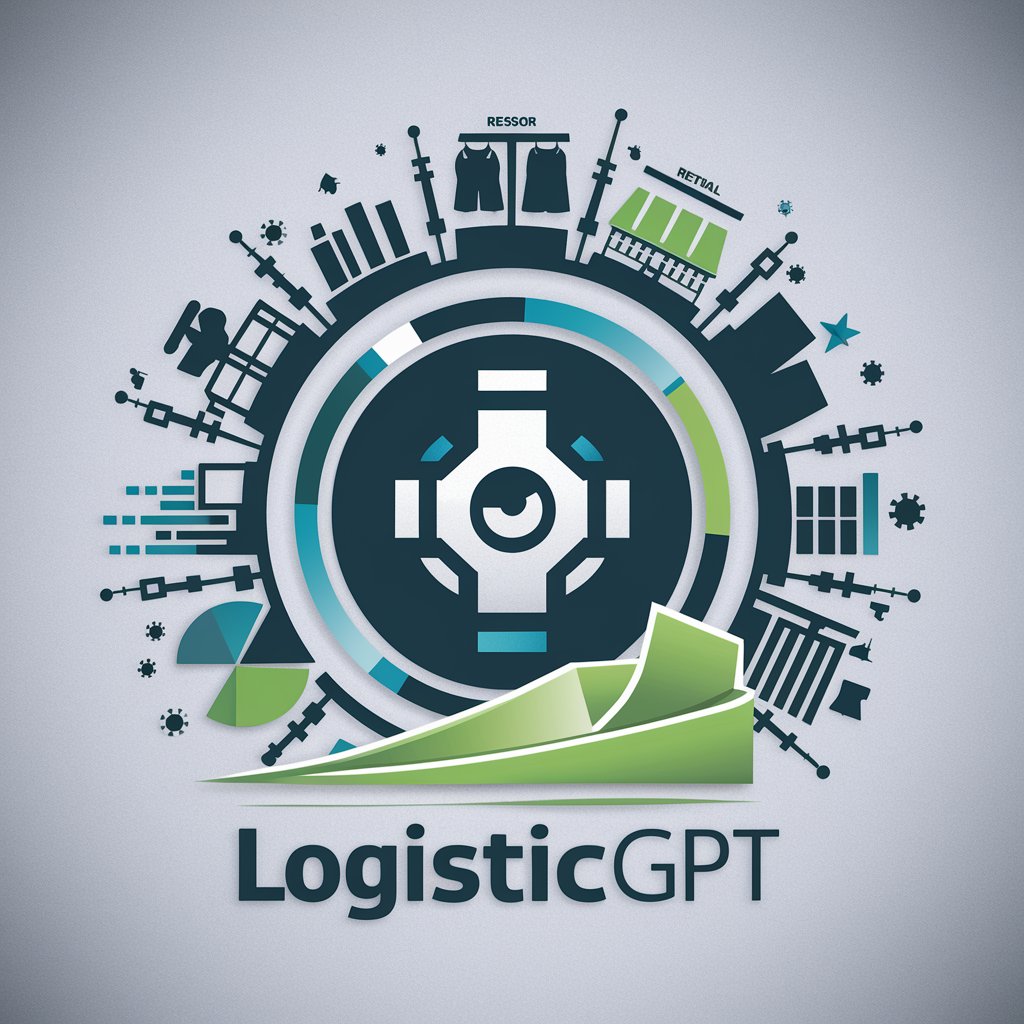
Logistics Management
Streamline Your Supply Chain with AI
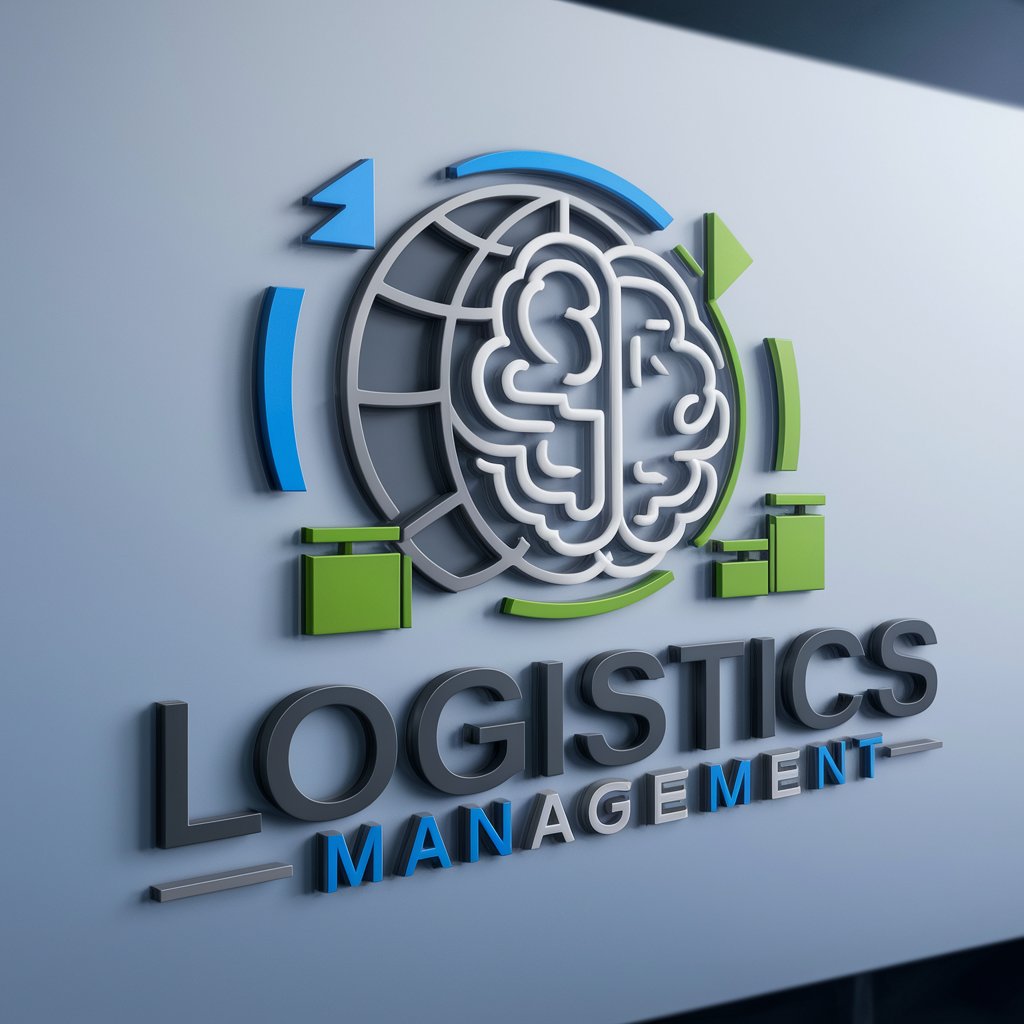
Job Scout
Empower Your Job Hunt with AI

Reasoning by Chain of Thought
Empower decisions with AI reasoning
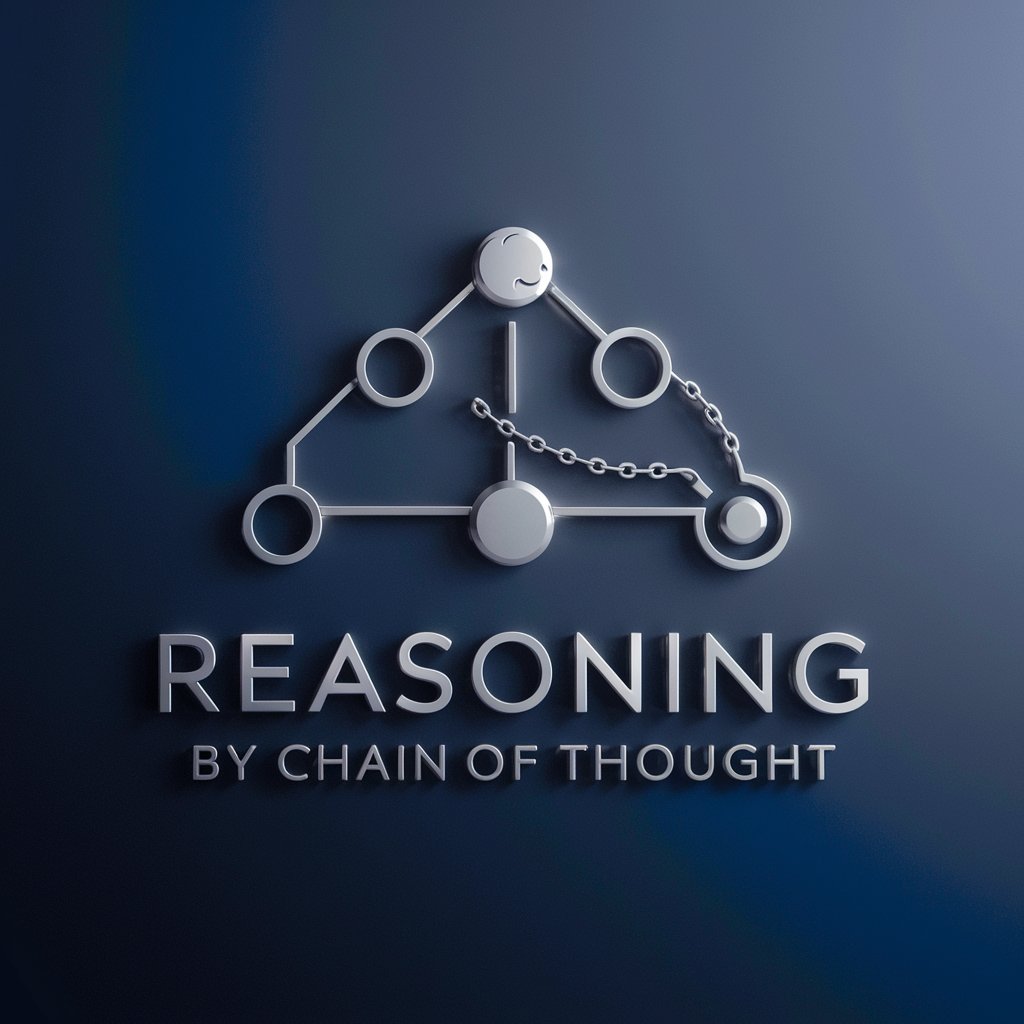
Frequently Asked Questions about Procurement Management
What is Procurement Management?
Procurement Management is a specialized tool designed to streamline and optimize the process of acquiring goods and services. It supports various aspects of procurement, including supplier selection, contract management, and spend analysis, to ensure efficient and cost-effective purchasing.
How can Procurement Management improve supply chain efficiency?
By providing tools for supplier evaluation, performance monitoring, and risk management, Procurement Management enhances supply chain visibility and collaboration, leading to improved reliability and reduced costs.
Can Procurement Management help with sustainable procurement?
Yes, it offers features to assess and select suppliers based on sustainability criteria, helping organizations meet their environmental and social responsibility goals.
What are the benefits of using AI in Procurement Management?
AI enhances Procurement Management by automating routine tasks, providing predictive analytics for better decision-making, and enabling more effective negotiation strategies through data-driven insights.
Is Procurement Management suitable for small businesses?
Absolutely, its scalable features allow small businesses to leverage advanced procurement tools and strategies, typically available only to larger organizations, to optimize their purchasing processes and reduce costs.
